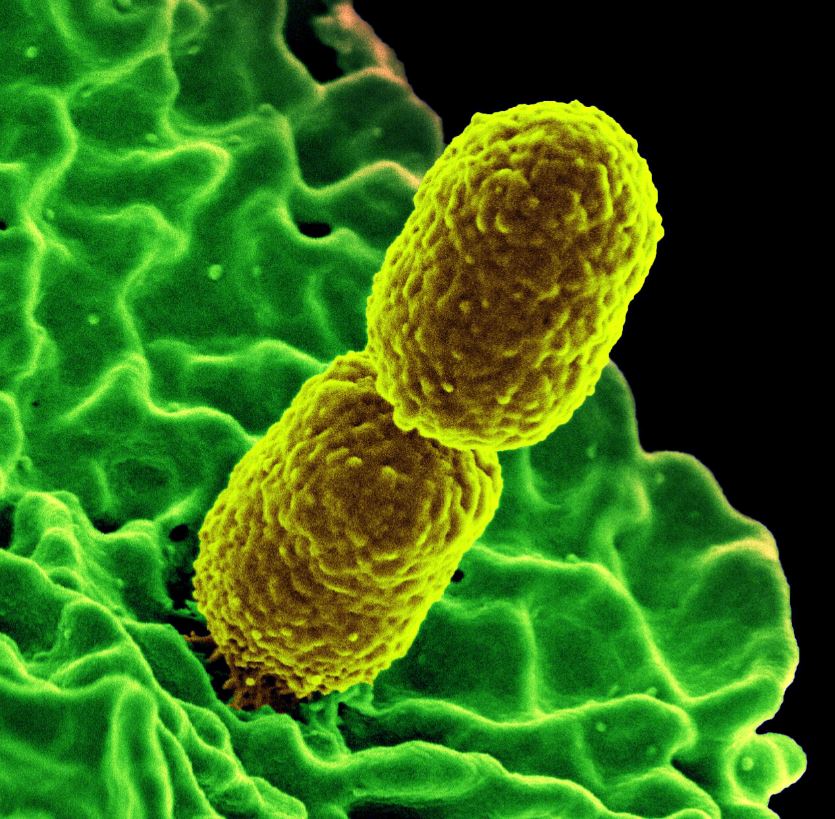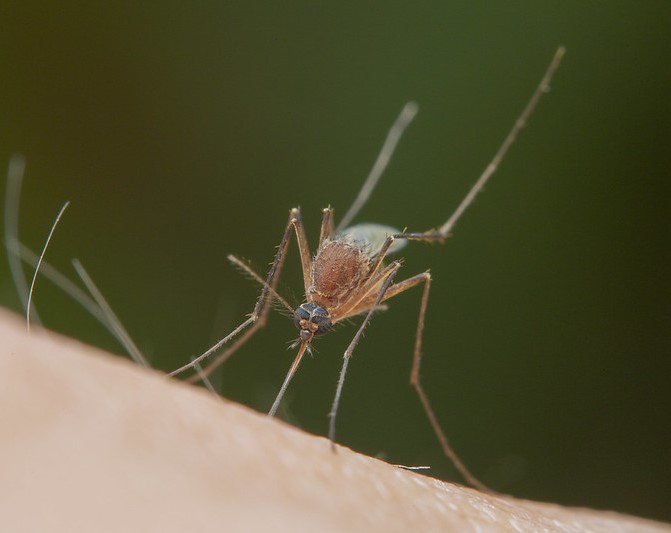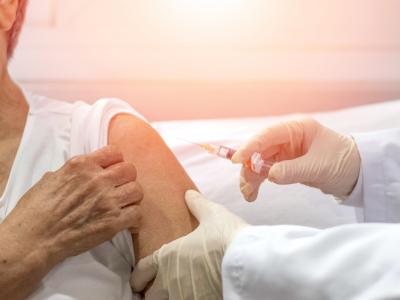
A systematic review of studies on neonatal carbapenem-resistant Klebsiella pneumoniae (CRKP) infections indicates the pathogen is emerging as a severe threat to hospitalized newborns, particularly those in low- and middle-income countries (LMICs), researchers reported yesterday in PLOS Medicine.
The review by UK and Chinese researchers included 128 studies involving 127,583 neonates in 30 countries, including 21 LMICs, and documented 2,057 CRKP isolates collected from infected or colonized infants from 2005 to 2020. The most common sample type from infected newborns was blood (37.3%), suggesting that bloodstream infection is the main type of neonatal CRKP infection.
Among the 23 studies that reported on prevalence, the pooled prevalence of CRKP infection in hospitalized newborns was 0.3% (95% confidence interval [CI], 0.2% to 0.3%), with a significantly higher prevalence observed in Asian countries (0.7%; 95% CI, 0.4% to 1.0%) than African countries (0.3%; 95% CI, 0.1% to 0.4%). Among the 21 studies that reported on outcomes, the pooled mortality was 22.9% (95% CI, 13.0% to 32.9%).
Analysis of 535 neonatal CRKP genomes identified 146 sequence types (STs) for CRKP strains and found that ST17, ST11, and ST15 were the three most common, with ST17 documented in newborns in eight countries across four continents. Most neonatal CRKP strains (75%) carried a metallo-beta-lacatamase (MBL) gene, with New Delhi metallo-beta-lactamase the most common (64.3%) carbapenemase type, which suggests that treatment options for many neonatal CRKP infections could be limited.
Substantial global burden
The study authors say the findings indicate that neonatal CRKP infections poses a significant health burden worldwide.
"Global data on neonatal admissions are not available, but when considering these early or premature neonates only, there could be at least 60,000 estimated cases of neonatal CRKP infections with at least 5,880 estimated deaths worldwide," they wrote.
There could be at least 60,000 estimated cases of neonatal CRKP infections with at least 5,880 estimated deaths worldwide.
 Ad
Ad












